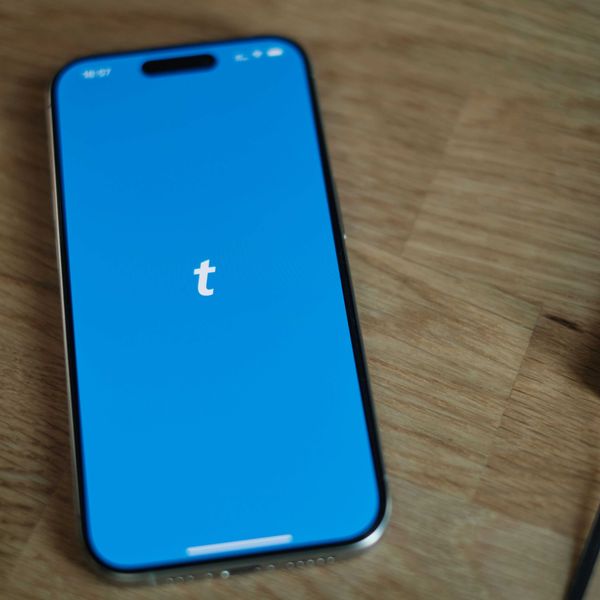
By David Farrell
What Was Said
The Never-Ending Flow of Online Bullshit
We'll start with a nice little bullshit burrito from Chipotle. They claim that an ad campaign they did on TikTok racked up 3.9 billion views in the US.
Since there are only about 350 million people here, and assuming every person has an internet connection and assuming every person has downloaded the TikTok app, it means that every man, woman and child had to see this thing over 10 times. Do they really expect anyone to believe this horseshit?
In second place is makeup company MAC who says they got 2.6 billion hits on their hashtag #YouOwnIt.
Way back in third place is the NFL who say they only got 1 billion hits on their hashtag #WeReady before the Super Bowl. Sad.
BTW what's worse, a bullshit burrito or a moldy Whopper? H/T the great Len Tillem
Scraping Perpetrators Get Scraped
In another turnabout case this week, Clearview AI, the artificial intelligence company that scraped billions of images from Facebook and other web sites, had their client list swiped.
You may recall a couple of weeks ago I wrote about Clearview AI. According to the NY Times, they are "The Secretive Company That Might End Privacy as We Know It"
They have a massive database of billions of facial images that have been incorporated into an app which they sell to "hundreds of law enforcement agencies, ranging from local cops in Florida to the F.B.I. and the Department of Homeland Security."
Even Google, which is capable of building such a tool, has refrained from doing so because of the potential for horrific use of the technology.
This week, someone broke into Clearview AI and scraped its client list. I guess there's poetic justice in there somewhere. -- Bob Hoffman, The Ad Contrarian
Changing the channel: Canadians warming up to good, old fashioned antenna TV
The assumption by many is that millions of Canadians have stopped watching traditional TV entirely, and they’re not coming back. The reality is that they haven’t left TV, they have just changed (distribution) channels. – Duncan Stewart, The Star
CBC is at its weakest in a generation, but radical change is the worst option
Getting rid of advertising on CBC TV sounds peachy. But the sudden loss of revenue would be catastrophic. There are other solutions. In Germany, the public broadcaster ZDF has limited advertising and sponsorship but they still exist as additional sources of funding. Commercials are legally restricted to a maximum number of minutes per day on weekdays, and no commercials are broadcast after 8 p.m. or on Sundays and public holidays. How hard can it be to move toward that model with CBC TV? – John Doyle, The Globe and Mail
Looming lawsuits, threats of job losses and other takeaways from the CRTC hearings on cell service
At the hearings, executives from the national cell providers — Bell, Rogers and Telus — warned that investment could crater if the CRTC intervenes. Bell Canada said intervention would cut into its $4 billion in annual capital investment, affecting the rollout of 5G service. Bell CEO Mirko Bibic said the company would act to protect shareholder returns.
"If we don't deliver those dividends, and if we don't grow those dividends, then we're not going to get the $4 billion the next year and the year after that," he said on the second day of hearings. "And that's basically how it works." – David Thurton, CBC News

















